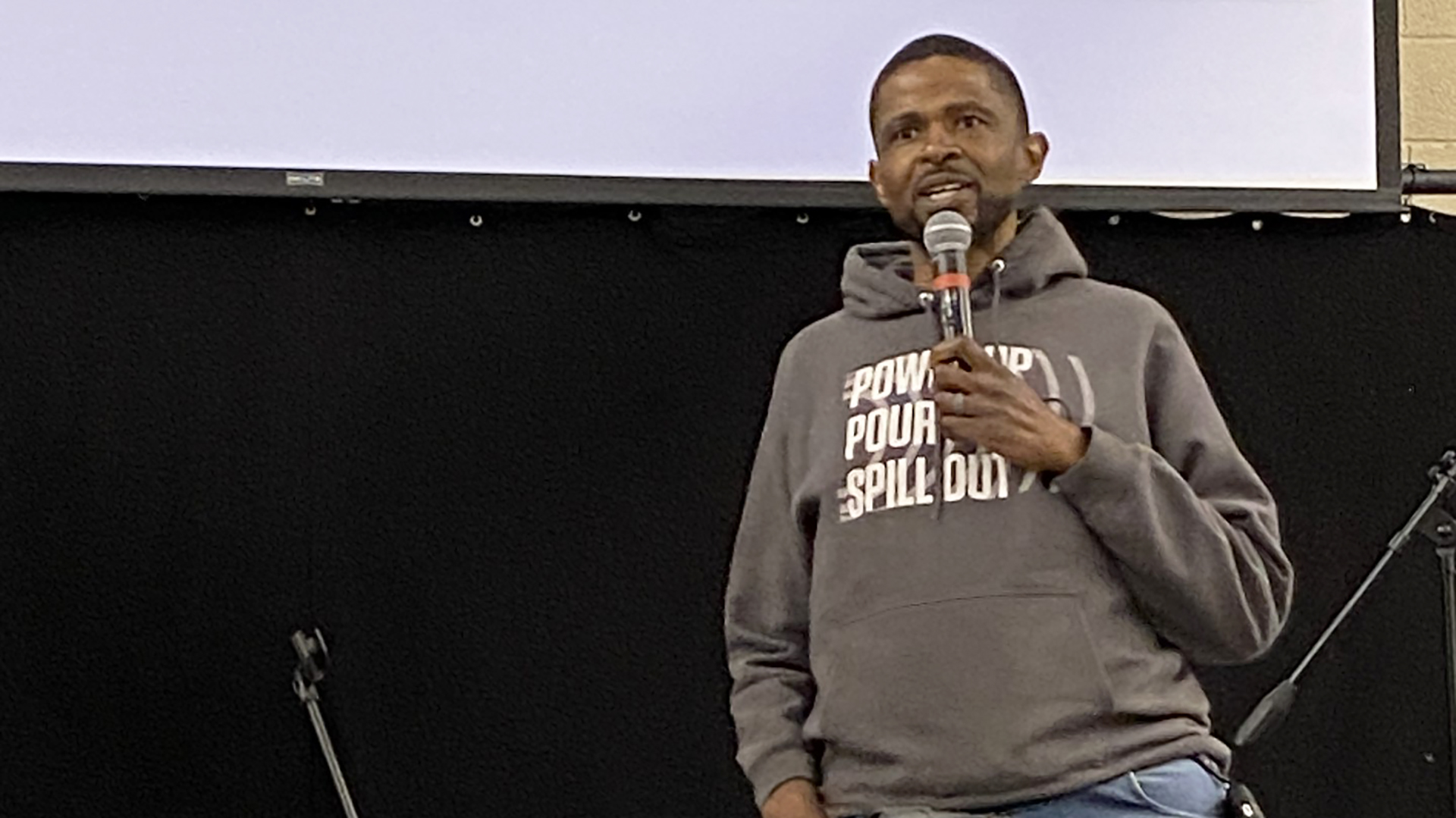Behind the Health Divide: How Social Power Shapes Community Well-being

Unveiling the Hidden Dynamics of Community Health: A Groundbreaking Approach
The latest County Health Rankings & Roadmap report is revolutionizing how we understand community well-being by delving deeper than traditional health metrics. Developed collaboratively by the University of Wisconsin Public Health Institute and the Robert Wood Johnson Foundation, the 2025 report introduces innovative measures that explore the intricate social fabric of communities.
For the first time, researchers are systematically tracking the complex web of societal rules—both explicit and implicit—and examining how power dynamics shape community health. This comprehensive approach goes beyond simple medical statistics, offering a nuanced lens into the underlying social structures that significantly impact residents' overall quality of life.
By mapping how power is distributed and wielded within communities, the report provides unprecedented insights into the social determinants of health. These new metrics reveal how social systems, unwritten rules, and power relationships can profoundly influence community wellness, creating a more holistic understanding of public health.
The groundbreaking research promises to offer policymakers, community leaders, and health professionals a more comprehensive toolkit for addressing health disparities and promoting community well-being.
